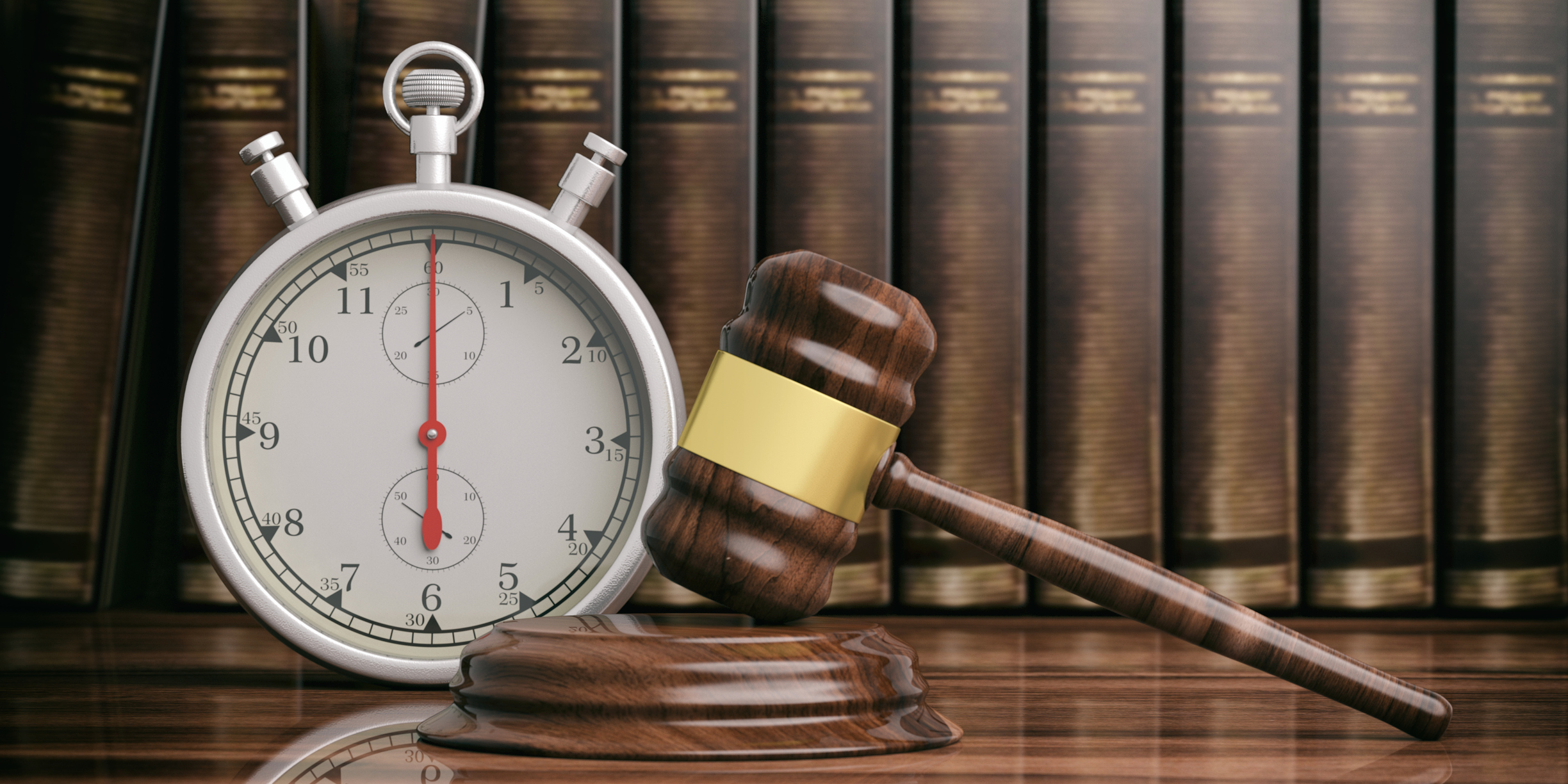- June 13, 2023
- 3 minutes read
New York State Passes “Clean Slate” Legislation to Automatically Seal Criminal Records

In a move aimed at giving individuals with criminal records a fresh start, New York state lawmakers have passed a bill that will automatically seal the records of those who have remained out of trouble for a certain number of years after completing their sentences. The “clean slate” legislation, which received approval from the state Assembly and Senate on Friday, will automatically seal most recent convictions three years after serving time or parole for misdemeanors and eight years for felony convictions. However, sex crimes and Class A felonies like murder will not be eligible for sealing.
Proponents of the bill argue that a criminal record often becomes an obstacle for individuals seeking employment and stable housing. They believe that by providing a path forward without the burden of past mistakes, people can have an opportunity to rebuild their lives. Ismael Diaz Jr., who served nearly ten years in prison for manslaughter, shared his own struggles in finding employment due to his criminal record. Diaz went through multiple interviews for a janitorial position before being informed that he was deemed “unemployable” because of his past.
Similar legislation has been enacted in other states, including Utah and Michigan. Last year, California passed a law that automatically seals conviction and arrest records for most ex-offenders who have not committed another felony for four years. Even business groups, such as JPMorgan Chase and Verizon, have endorsed the New York legislation, emphasizing the potential positive impact on the state’s economy and competitiveness by expanding the labor pool.
However, critics of the legislation, including Republican lawmakers and victim advocacy groups, argue that it removes accountability for those who have committed crimes. They believe that individuals should bear the consequences of their actions, maintaining that the bill disregards the victims of these crimes and undermines societal principles.
The bill’s automatic sealing provision aims to address the limitations and expense of the existing application process for record sealing. Currently, less than 1% of eligible individuals successfully seal their criminal records in New York through the existing statute. The Department of Corrections and Community Supervision, in collaboration with the Division of Criminal Justice Services, will provide the necessary data to administrative agencies to facilitate the sealing of eligible convictions.
While the sealed convictions can be accessed by courts, prosecutors, defense attorneys, and law enforcement agencies under certain conditions, specific entities such as gun licensing agencies, law enforcement employers, and employers working with vulnerable populations will still be allowed to access criminal records.
The bill will go into effect one year after it is signed into law. Governor Kathy Hochul has expressed the need to balance the desire to provide individuals with criminal records a second chance while ensuring there are no unintended negative consequences.
